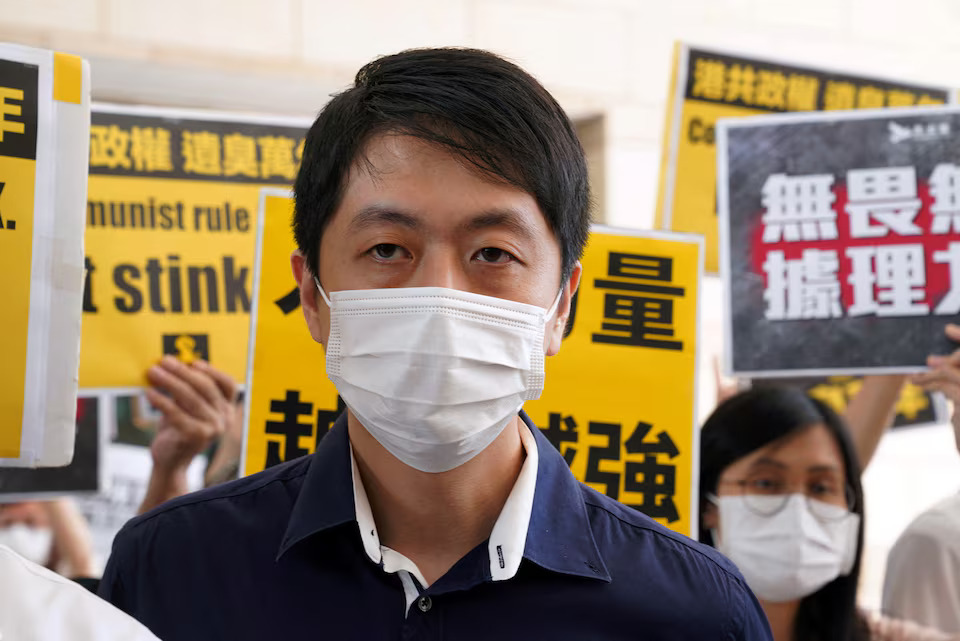
Former Hong Kong lawmaker Ted Hui on Monday welcomed Australia’s decision to grant him asylum, calling it a powerful recognition of the erosion of freedoms in the Chinese territory since the crackdown on pro-democracy protests in 2019.
Hui, who fled Hong Kong more than four years ago and has been wanted by authorities on protest-related charges, received asylum status on Friday. He described the decision as a clear acknowledgment that activists like him were persecuted for their political stance.
“It is recognition by the Australian government that human rights infringements and erosion of democracy and freedom actually happened,” Hui told Reuters in Adelaide, where he now practices law. “I am grateful to Australia, which has given me so much.”
China’s foreign ministry dismissed Hui as an “anti-China rioter” and urged other countries to stop “interfering in Hong Kong affairs.” The Hong Kong government separately condemned the granting of asylum, saying it opposed the “harbouring of criminals.”
Australian government data reviewed by Reuters showed no asylum approvals for Hong Kong citizens since 2021 until Hui’s case, though more than 120 others have applied. Many others have settled in Australia through skilled visa programs introduced after the 2021 crackdown.
Hui said the news was bittersweet, coinciding with the ongoing trial of his friend, pro-democracy businessman Jimmy Lai, who faces national security charges in Hong Kong. “Jimmy Lai is very iconic of Hong Kong’s resistance,” Hui said, noting Lai chose to remain in Hong Kong despite facing arrest. “He deserves democracy’s help in rescuing him.”
Lai, 77, has recently suffered heart problems during the final stages of his trial, which has drawn international criticism.
Meanwhile, Hui revealed that Australian police are investigating anonymous letters offering bounties for information on him and his family. “The AFP has been very supportive, checking on our safety,” he said.
Australia’s Foreign Minister Penny Wong has previously raised Hui’s case with Chinese counterpart Wang Yi, underscoring its sensitivity in Canberra’s ties with Beijing.
Written By Rodney Mbua